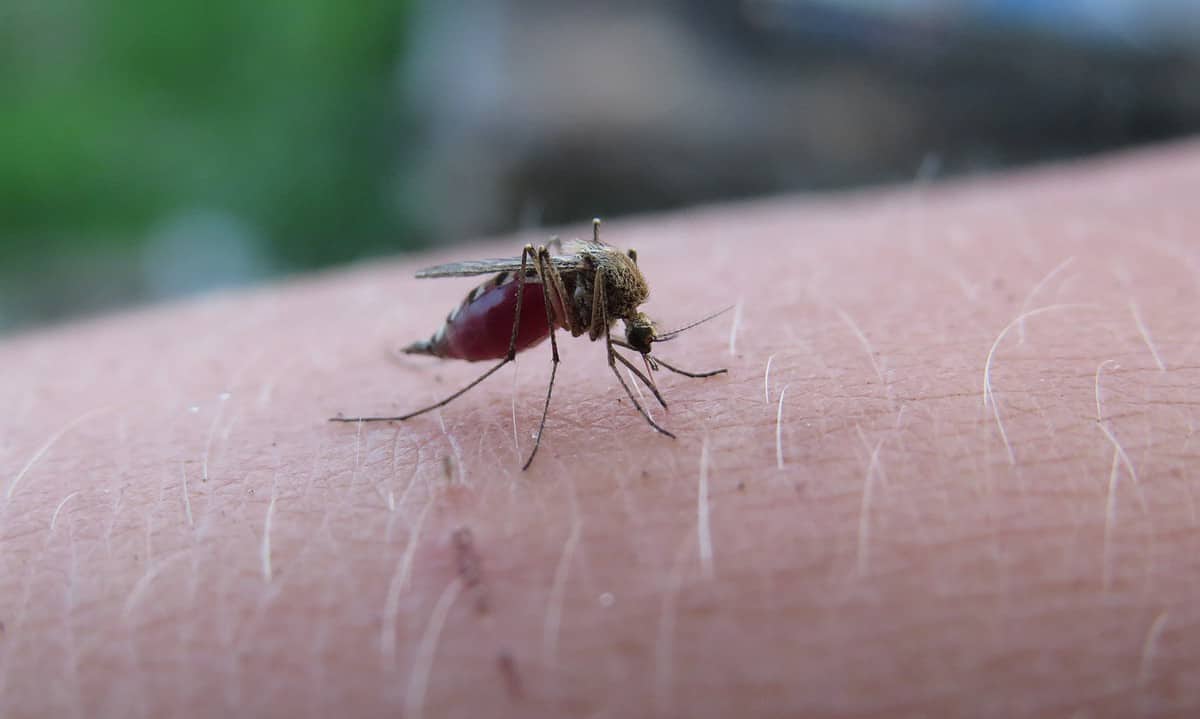As of April 13, 2023, Costa Rica’s Health Surveillance Directorate reported that the Huertar Caribbean region has seen a total of 105 malaria cases. The outbreak has hit the cantons of Pocococí and Limón the hardest, with most cases being reported between April 2 to 11. The highest incidence of malaria cases is among people in the 20 to 24, 30 to 34, and 35 to 39 age groups.
The Ministry of Health and the Costa Rican Social Security Fund have implemented preventive and control measures to prevent the spread of the disease and protect the health of all Costa Ricans. These measures include tracking all persons in contact with confirmed cases, giving prophylactic treatment to patients, and providing training to the population so they can recognize the symptoms of malaria and promptly seek medical attention.
Symptoms of malaria include intermittent fever, chills, abdominal pain, fatigue, diarrhea, nausea and vomiting, headache, rapid breathing, rapid heart rate, cough, and muscle pain. If you have any of these symptoms and have visited the Limón province during Holy Week, it is important that you go to a CCSS health center for treatment.
The Ministry of Health and the CCSS have also urged the population to facilitate the access of duly identified officials from both institutions who carry out house-to-house sweeps to detect people with symptoms, take samples of rapid tests, and provide prophylactic medicines in the area.
Malaria is a serious disease caused by a parasite that is transmitted to humans through the bites of infected female Anopheles mosquitoes. The disease can cause high fever, shaking chills, flu-like symptoms, and in severe cases, can lead to death.
Preventing the spread of malaria requires the cooperation of everyone in the affected region. To protect yourself and your loved ones, it is important to follow the preventive measures recommended by the Ministry of Health and the CCSS. These measures include using mosquito nets, wearing long-sleeved clothing, applying insect repellent, and avoiding outdoor activities during peak mosquito hours.
The recent malaria outbreak in Costa Rica’s Caribbean Region is a cause for concern, but with the right preventive measures and prompt medical attention, we can all do our part to prevent the spread of the disease. If you experience any symptoms of malaria or have been in contact with someone who has the disease, seek medical attention immediately. Together, we can work to ensure the health and well-being of all Costa Ricans.






